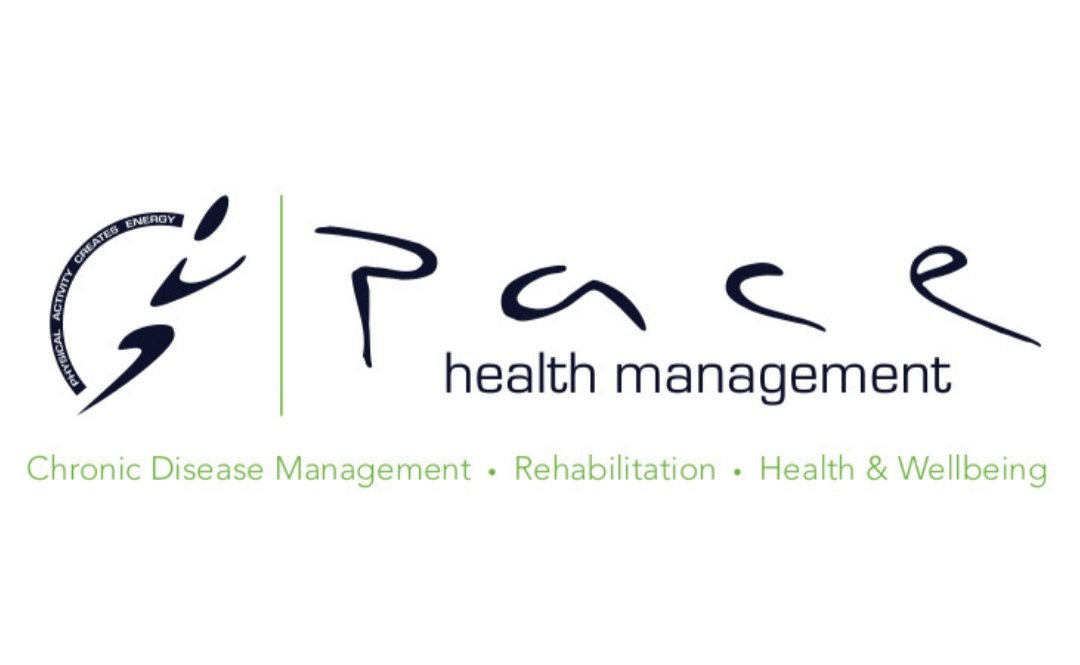For people who have diabetes—or almost any other disease, for that matter—the benefits of exercise can't be overstated.
Read MoreFeeling a bit stale? Losing your passion for exercise? We get it! So here are our top tips to keep you motivated!
Read MoreWe all know that eating well is vital for promoting physical health, but there is growing evidence to suggest that better diet quality is also linked to improved mental health.
Read MoreTry this easy Salmon & Vegetable Tray-Bake recipe for an omega-3, fibre and antioxidant packed mood booster.
Read MoreKeeping our kids active sets them up for a strong, healthy future… read our top tips to getting your young ones moving!
Read MoreCerebral Palsy refers to a group of childhood-onset neurological disorders that occur from damage to the brain, either during foetal development, or during/ shortly after birth. Let’s see how exercise can help!
Read MoreDid you know that research has shown that exercise is an effective therapeutic intervention with those with ASD, with the following benefits? Let’s look at how.
Read MoreLooking for a quick and simple recipe to get your tastebuds tingling? This little meal is not only packed full of nutrients, it’s also absolutely delicious. A perfect spring dish to add to your list!
Read MoreFrom an early age we were taught that we needed to consume dairy to get the calcium required for strong bones and teeth. However, have you thought much about where you’re getting your calcium from?
Read MoreFeeling unmotivated? We’ve compiled our top tips to help keep you moving better and feeling better so you can live your happiest and healthiest life!
Read MoreThe health risks of sedentary behaviour and your total sitting time throughout the day is becoming increasingly understood by health professionals. Research suggests that prolonged sitting may increase your risk for cardiovascular disease, metabolic diseases and overall health outcomes.
Read MoreOur role as Accredited Exercise Physiologists is to help people move better, feel better and perform better. Junior athletes present us with a unique opportunity to teach good movement patterns at a developmental age as they have the ability to learn new skills or movement patterns at a rapid rate.
Read MoreWe all know that regular exercise keeps you healthy, but regular exercise can also increase productivity in all aspects of your working life. Let’s take a closer look!
Read MoreWhen undergoing treatment for breast cancer, exercise may be the last thing on your mind due to all the other things going on. Research shows that exercise can assist in improving the persons quality of life and function, reduce treatment side-effects and boost your mood.
Read MoreWe might be getting older in age, but we can stay young at heart!
As we age, we tend to experience undesirable reductions in bone density, slower metabolism and a loss of muscle mass, strength and aerobic capacity. Strength training has been found to prevent and slow the decline of many of these battles and leave you feeling better, moving better and performing better!
Read MoreJanuary 1, 2021… For many, this will be the day that they plan to commit to some New Year’s Resolutions or ‘start fresh’ (after the year that 2020 was, this may be ringing true for even more people that usual). However, when it comes to food and nutrition, an all or nothing approach often does more harm than good.
Is strength training important for youngsters? It sure is, the right exercise delivered by the right professional can play a key role in overall health and well-being!
Read MoreExercise plays an important role in the treatment of, and recovery from prostate cancer, through reducing the number and severity of treatment-related side effects and symptoms (such as fatigue, sexual dysfunction, muscle loss, and anxiety and depression), as well as improving or maintaining function during and after treatment.
Read MoreExercise Physiologists use exercise interventions to maximise the potential function and quality of life of people with cerebral palsy. Understanding the unique needs and goals of each individual, exercise physiologists work to promote independence, reduce pain, reduce injury risk and develop creative ways to remain active.
Read MoreConsidering the mental and physical health concerns associated with PTSD, physical activity is an accessible and cost-effective intervention option! Let’s look at more details.
Read More







